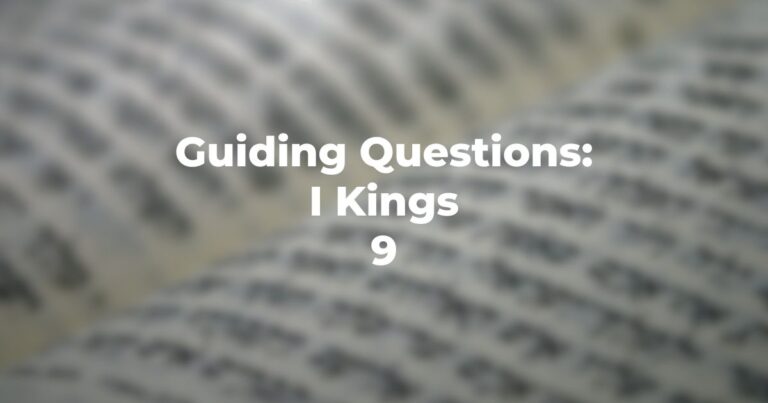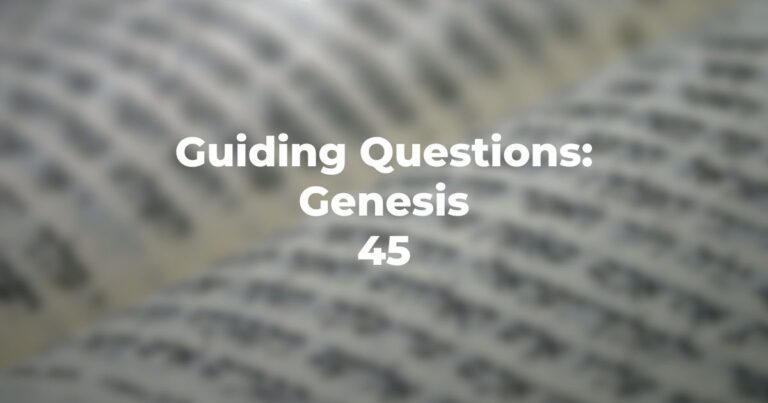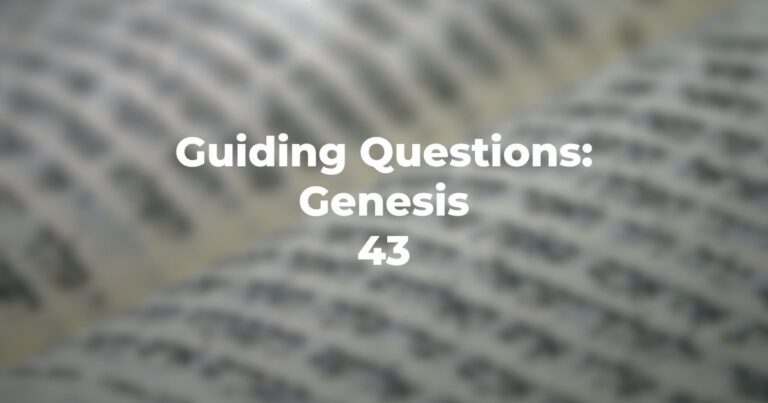- How is the introduction to this Psalm somewhat different in the adjectivation of David?
- In Psalms 36:2 the word Transgression is, indeed, capitalized in the JPS version. Is this a poetic refrain or might it have a theological thrust in “personifying” evil?
- In Psalms 36:4-5 who is the “he” — the wicked or Transgression?
- On the other hand, in comparison what is the nature of the Divine as set forth in Psalms 36:6-10?
- In Psalms 36:8 is God described as being particularly interested in Israel or, rather, in all humanity?
- And, in Psalms 36:11, who is to receive the special beneficence of Divinity?
- How do Psalms 36:12-13 serve as “bookends” for Psalms 36:2-5?
Author
-

Exploring Judaism is the digital home for Conservative/Masorti Judaism, embracing the beauty and complexity of Judaism, and our personal search for meaning, learning, and connecting. Our goal is to create content based on three core framing: Meaning-Making (Why?), Practical Living (How?), and Explainers (What?).
View all posts





